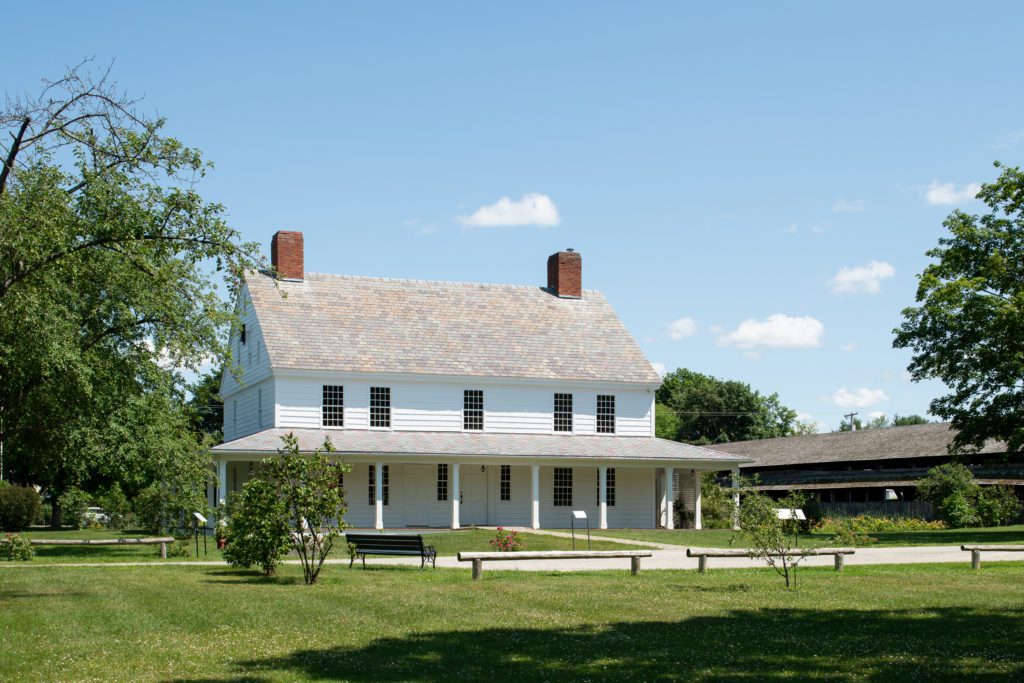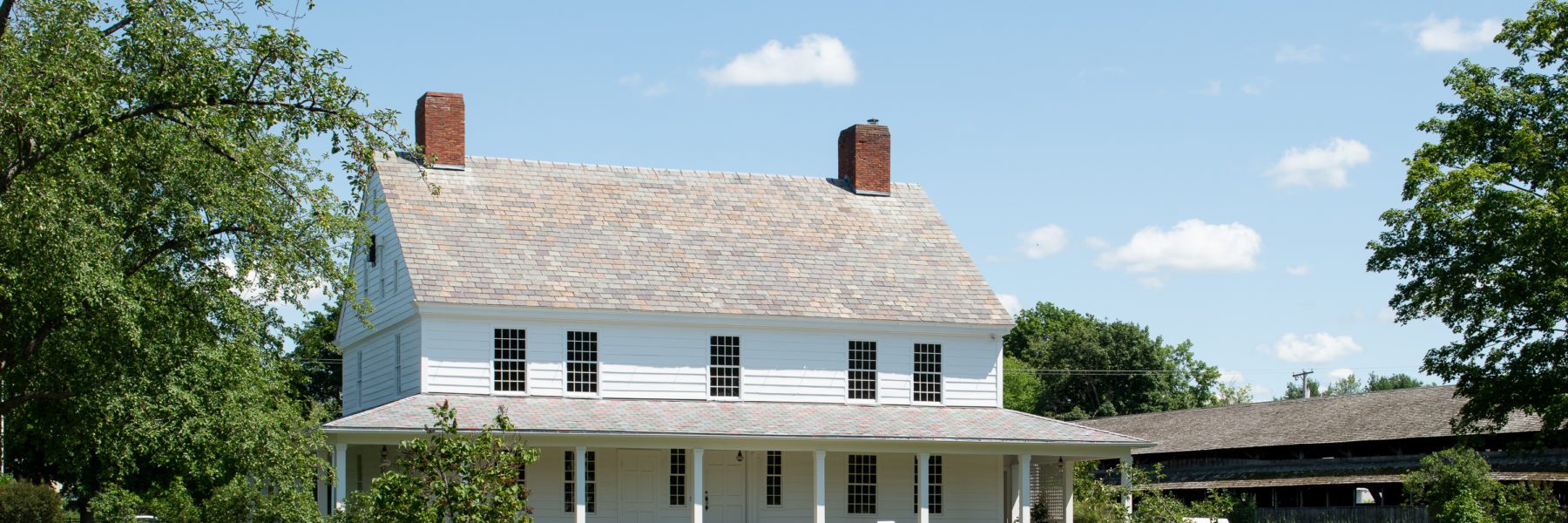
On the occasion of the Shelburne Museum’s 75th anniversary, the museum will reopen its historic Stagecoach Inn building, home to the museum’s renowned American folk art collection, in September 2022.
After a two-year renovation, Stagecoach Inn’s galleries have been refreshed and reinstalled with iconic selections representing the best of the museum’s folk art collection. New research looks past the formal qualities of weathervanes, ship’s carvings, trade signs, and more, digging into the origins, makers, and functions of these objects to offer 21st-century perspectives reflective of the vast and varied ingenuity and creativity that inflects America’s rich visual story.
“Renovating Stagecoach Inn created the opportunity to rethink how the American folk art collection is presented,” said Thomas Denenberg, John Wilmerding Director and CEO at Shelburne Museum. “The new installation aims to deepen visitors’ understanding of the ‘invention’ of folk art in the context of the times in which the very category was created and elucidate narratives that are relevant today.”
The reinterpretation is also an opportunity to highlight Shelburne Museum founder Electra Havemeyer Webb’s important role as a trailblazing collector, helping create the cannon of what we now call folk art as art and as one the very few women museum founders. Built in 1873, Stagecoach Inn once served as an operating inn along the main stagecoach route from New York to Montreal. Mrs. Webb acquired the property in 1949 to use as permanent home for her diverse and expansive collection of American folk art. It is among 39 buildings on the museum’s 45-acre campus. The renovation included increasing energy efficiency, creating new display mounts, and updating lighting, fire safety and security. The project was supported by a Sustaining Cultural Heritage Grant from the National Endowment for the Humanities with additional support from the Harriman Foundation.

